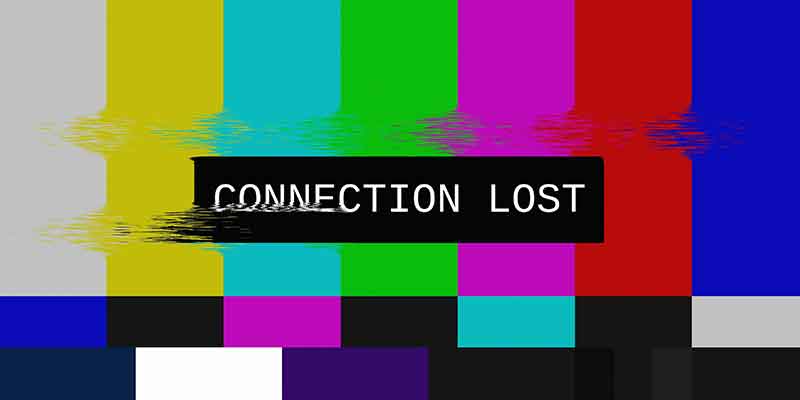Communication serves as the vital link that nurtures understanding and forges connections. When these connections start to unravel, the repercussions can be widespread. And yet, many folks say they’re too busy to be bothered with it. What are the costs of poor communication and why should you care?
If you don’t make time to communicate, you’ll spend more time managing the fallout.
Poor Communication Costs More Than You Think
Here are 16 compelling reasons that underscore the importance of communication and the costs of failing to make it a priority. Bad communication:
Stirs uneasiness and anxiety. Decisions can be unsettling when crucial information is missing, and yet you’re often required to move forward anyway.
Promotes unnecessary misunderstandings. Incomplete information compels people to form opinions based on partial data.
Undermines credibility. When people withhold information, they may be perceived as power-hungry, damaging their credibility.
Prompts people to form false assumptions. In the absence of information, people often fill the gaps with assumptions based on their personal perspective and experiences.
Leaves a vacuum. When people receive incomplete information, they’re pressured to seek secondary sources, which may not always be reliable.
Encourages gossip. Without clear communication, rumors tend to flourish.
Promotes inefficiency. When people lack adequate guidance, they often find themselves redoing tasks because things weren’t done properly the first time.
Leads to duplicated efforts. Ineffective communication creates an environment where the right hand doesn’t know what the left is doing. This often results in the duplication of efforts.
Hampers common understanding. Vague, incomplete, or inconsistent communication hinders everyone from being on the same page.
Prompts people to work at cross-purposes. Ambiguous communication causes people to inadvertently pursue conflicting goals.
Results in disappointment. Clear and realistic expectations enable people to predict outcomes, whereas poorly managed ones often lead to surprises or dissatisfaction.
Breeds tension and mistrust. Withholding information, whether intentional or not, can cause people to suspect a hidden agenda.
Causes disagreements. Avoiding tough conversations and sidestepping direct concerns can allow problems to escalate and turn into disagreements.
Results in bruised feelings. When folks don’t share their feelings, it might seem like they’re not fully committed to the relationship.
Strains relationships. When individuals don’t express what’s on their mind, people can drift apart over time.
Damages morale. Not showing appreciation can make people feel unappreciated or unwanted.
Make Communication a Priority
Bad communication is like a wrecking ball that can have far-reaching consequences in many areas of your life. It can shatter trust, lead to misunderstandings, and breed resentment. Moreover, in business, it can produce errors, destroy efficiency, hinder collaboration, and retard progress. And yet, communication doesn’t always receive the priority that it deserves. As George Bernard Shaw, the Irish playwright, said, “The single biggest problem in communication is the illusion that it has taken place.”
So, the next time you think you’re too busy to communicate, think again. Communication is more than just words; it’s an investment. Communication is the cornerstone of every relationship — whether personal or professional — nurturing understanding, cultivating trust, and laying the groundwork for strong connections. Communication is as vital to a relationship as oxygen is to life. Without it, relationships cannot thrive.
How Much Is Poor Communication Costing You?
Please leave a comment and tell us what you think or share it with someone who can benefit from the information.
Additional Reading:
9 Barriers to Effective Communication
8 Communication Barriers in Business
Do You Want to Be Heard or Understood?
How to Improve Your Conversation Skills — 10 Valuable Tips
Meaningful Conversations Don’t Happen by Chance
May I Have a Word with You?
Call Me…Maybe
How to Make Your Words Meaningful
Follow me:
Facebook
LinkedIn
X (Formerly Twitter)
Pinterest and
Instagram
If you like this article, subscribe to our blog so that you don’t miss a single post. Get future posts by RSS feed, email or Facebook. It’s FREE.






Leave a Comment